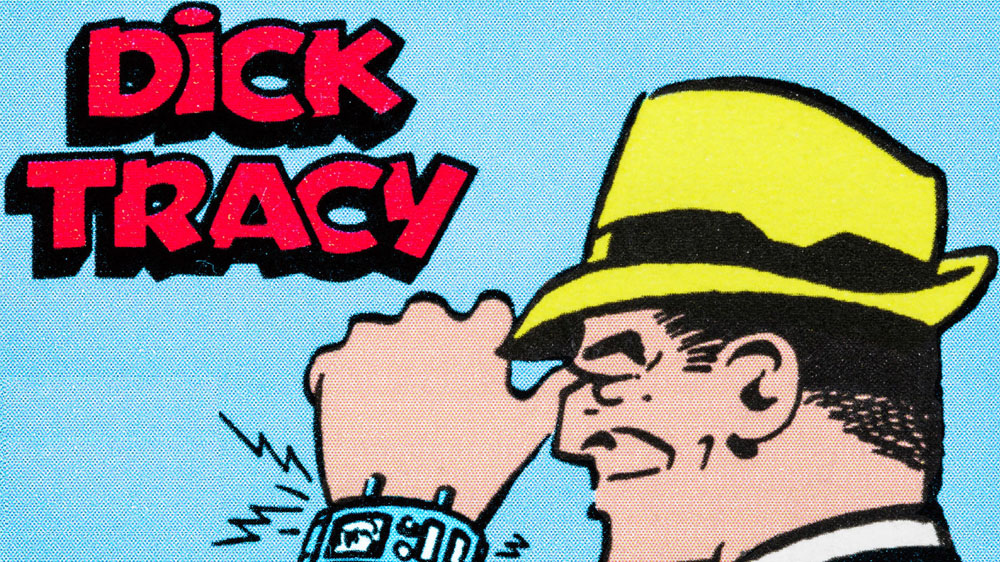
Sean Connery and Christian Slater in “The Name of the Rose”
The Name of the Rose, Umberto Eco, 1980. English translation 1983.
What? I’m reviewing a book that was first published 37 years ago? Oh well. No one ever accused me of being au courant.
I have tried several times in the past to read Umberto Eco’s The Name of Rose, as well as Foucault’s Pendulum. I have always been driven back by the dry wordiness of Eco’s prose. This time I resolved to finish The Name of the Rose no matter how big a chore it might be, partly as an exercise in better understanding why some writers earn far more generous reputations than they deserve.
First, let’s talk about the film, from 1986. Directed by Jean-Jacques Annaud and with a superb cast including Sean Connery, F. Murray Abraham and the young Christian Slater, the film — I thought, at least — was one of the best and most memorable films of the 1980s. But the film didn’t make much money in the United States, though people in more intelligent parts of the world loved it. Roger Ebert wrote, “What we have here is the setup for a wonderful movie. What we get is a very confused story.”
I don’t agree with Ebert. The screenwriters actually did a brilliant job of stripping out most of Eco’s confusion, endless declamation and disquisition, and sticking to the plot — your basic murder mystery. It was said that Eco didn’t much like the screenplay, precisely because all that erudition got cut (as it had to be).
Eco was a scholar — no doubt a good one — with a wide range of interests. The Name of the Rose drew on his background as a medievalist. Obviously Eco was fascinated by the theological debates of the late medieval period. Also obviously, the setting and the plot for The Name of the Rose were chosen because they provided a basis for page after page of theological hairsplitting by monks of different orders. To Eco’s credit, these endless orations on Christian theology can be funny in their absurdity, and Eco leaves it to the reader to discern what fools his monks are. William of Baskerville, however, is at least a nice fool. And his teenage novice Adso (Christian Slater), with his naiveté and surging hormones, is a very fine foil for so much useless learnedness.
(Incidentally, the chief subject of Eco’s theological debate is whether Christ was poor. The Franciscan order certainly believed in the poverty of Christ, and they got crossways with some popes and with the Inquisition. If you’re interested in the details of all that, I’ll leave you to read The Name of the Rose. But it is worth pointing out, I think, how the church is still divided by the question of poverty, with a few Christians remaining who actually care about the poor, and with other Christians giving their money to birdbrain preachers who live in multimillion-dollar mansions like little popes and fly around on the Lord’s business in private jets. If this history repeated itself, then Christians who care today about the poor would be burned at the stake.)
But what I conclude about Umberto Eco is in many ways similar to what I conclude about Neal Stephenson, the science fiction writer. Both, I would guess, are somewhere well along on the autism spectrum. Both are fine thinkers — but without the least trace of feeling. Stephenson, like Eco, set one of his novels in a monastery (Anathem) and for the same reason — so that their characters can talk, talk, talk about abstractions that they find interesting. But their characters, like the authors, totally lack feeling. I also would argue that the best moments in fiction occur when a character is so driven to despair or ecstasy that the character is compelled to sing. When an author sings, that’s when you learn what motivates the author to write in the first place. For a fine discussion on moments in fiction that sing, see E.M. Forster’s Aspects of the Novel.
In any case, with writers like Eco and Stephenson, one of the most powerful and meaningful ingredients of good fiction is totally missing. Both Eco and Stephenson are so blind to the feeling element of fiction that they seem unaware of the flatness of their characters and make no attempt to simulate the missing ingredient. Adso knows how to suffer some where sex is involved, but Adso cannot sing.
That said, I love brainy fiction — Isaac Asimov, for example. I have great respect for (and considerable interest in) the erudition to be found in Neal Stephenson’s and Umberto Eco’s novels. But it’s not enough, and that’s a shame.




